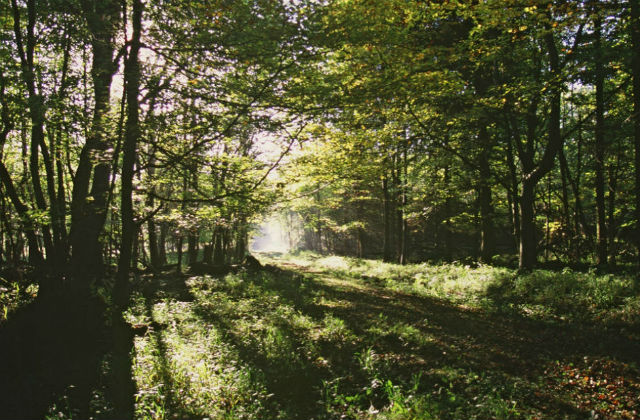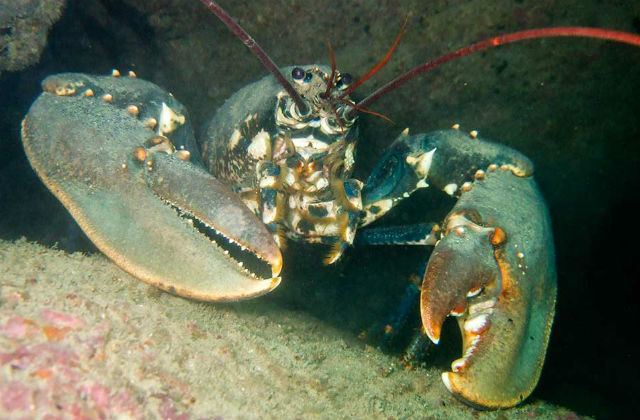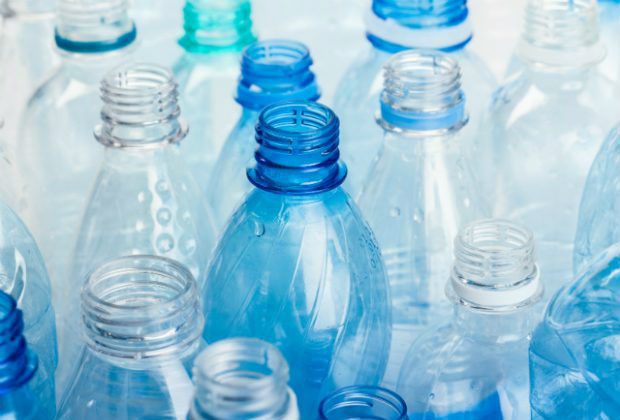Food and drink exports soar in Brexit boost

Recent export figures have shown a boost in overseas sales of UK food and drink, with exports growing by £2 billion to £22 billion in the past year.
As reported by The Sun and East Anglian Daily Times, there is a growing appetite for Britain’s high quality food and drink - reaching 217 markets worldwide. The US, China and Hong Kong are among the top countries receiving our goods, with over 13 million tons sent abroad.
The increasing thirst for British tipples has also seen bottles of UK beer appearing on shelves as far as Japan and New Zealand, while gin continues to go through a ‘ginaissance’ with international sales of UK brands reaching over £500 million. From January to December 2017 we also exported the equivalent of 1.3 million bottles of whisky per day.
Other top exports included £85 million worth of cheese to France, £21 million of chocolate to Belgium and even £2 million of tea to China.
Hailing the success of these figures, Environment Secretary, Michael Gove said:
Farmers, fisherman and our food producers are all helping to deliver a Brexit bonus - with more exports of British food and drink than ever.
Contrary to the constant negativity of the doom-mongers, the British economy is going from strength to strength showing that a Green Brexit can deliver for the whole country.
This growing hunger for UK produce reveals the huge opportunities for producers and manufacturers as the UK prepares to leave the European Union.
Forestry week on BBC Farming Today

This morning’s Farming Today on BBC Radio 4 marked the introduction of a week on forestry, featuring an interview with Richard Greenhous, Director of Forest Services at the Forestry Commission. The interview focused on woodland cover in the UK, the planning system for planting new woodlands, the link between farming and agriculture, and the impact of Brexit on our woodlands.
During the interview, Richard explained how woodland creation in the UK has had marked success over the past few months, particularly following the approval of two large scale planting schemes in England – Doddington North Moor in Northumberland and the Lowther Estate in the Lake District.
Richard explained that while there has been criticism in the past of application processes for woodland creation grant schemes, we are making good progress and the schemes are now much easier to apply for. He also debunked the idea that forestry and agriculture don't co-exist, describing how forestry can actually help to diversify farm incomes.
Animal welfare and lobster cooking

Today the Daily Mail covered the topic of animal welfare, specifically the issue of boiling live lobsters. This was also covered by The Guardian.
This carried comments from Defra minister George Eustice confirming the government is looking at this issue.
The government has published a draft bill to recognise animals as sentient beings in legislation. The consultation closed at the end of January and we will consider responses when bringing the bill forward.
The Prime Minister has said we will make the United Kingdom a world leader in the care and protection of animals as we leave the EU.
Royal Household tackles plastic waste

There is further positive coverage today of efforts to tackle plastic waste, with The Times, Telegraph and Daily Mail among others picking up on action by the Royal Household. It is reported that water will be served from glass bottles in all meetings at the palaces, plastic straws will be phased out from public cafés at royal residences, and packaging for takeaway food will be compostable or biodegradable.
A spokesman for Buckingham Palace is widely quoted stressing the “strong desire” to cut back on the use of plastics as part of the Royal Household’s commitment to reducing its environmental impact.
We’re delighted by this action from the Royal Household. We’ve been clear through our 25-year plan for the environment that reusing and recycling plastics is critical if we are to stem the damage to our seas and wider natural environment, and we need all parts of society and all sectors of the economy to play their part.
We have already removed plastic cups from within Defra, and as part of our 25 year plan we will remove all consumer single use plastics from the central government estate offices.
Cutting air pollution from your wood burner
The Home section of The Sunday Times this weekend included a feature about how to cut air pollution from domestic wood burning stoves.
This focused on our call for evidence which launched at the end of January, aimed at understanding the use of house coal, smokeless coal, manufactured solid fuels and wet wood used for heating homes.
Emissions from our own chimneys contribute 40% of PM2.5 - ultra-fine particles that can enter the bloodstream and have been found in internal organs therefore risking long term health issue. Results from the call for evidence will help the government reduce harmful emissions of soot and smoke, as action continues to improve air quality.
Environment Minister Thérèse Coffey said:
We all have a role to play in improving the air we breathe. Many of us enjoy a cosy fire in our homes, but burning dirtier fuel has a real impact on the quality of air for our family and friends around us.
We must be mindful that pollution is about more than just transport. Poor air quality affects public health, the economy, and the environment, which is why we are determined to do more. However, if we make the switch to burning cleaner domestic fuel, we can continue to enjoy burning wood and smokeless coal in stoves and fires in our homes.